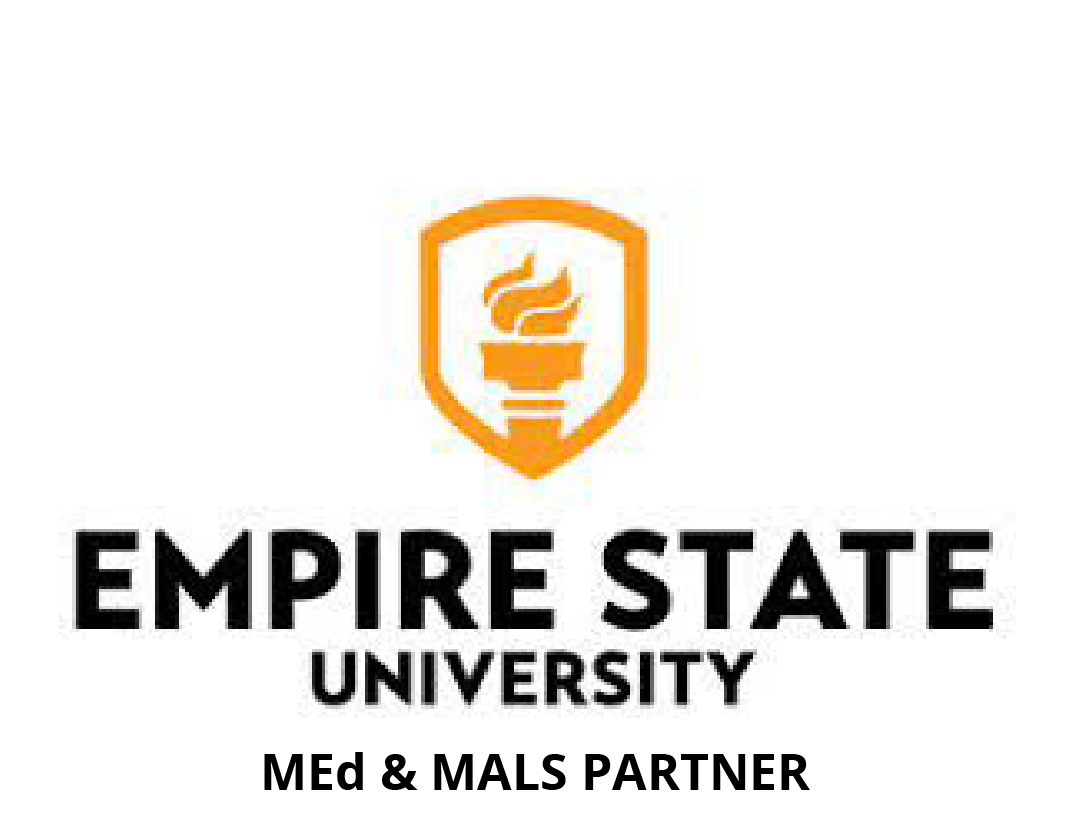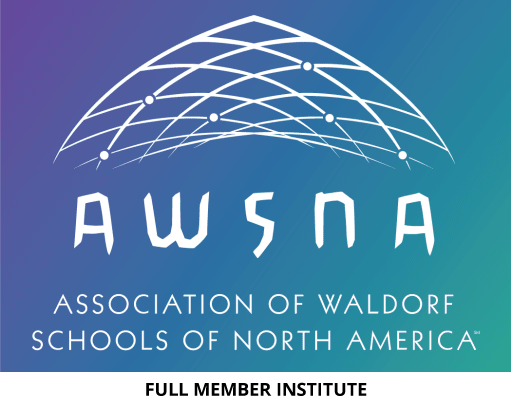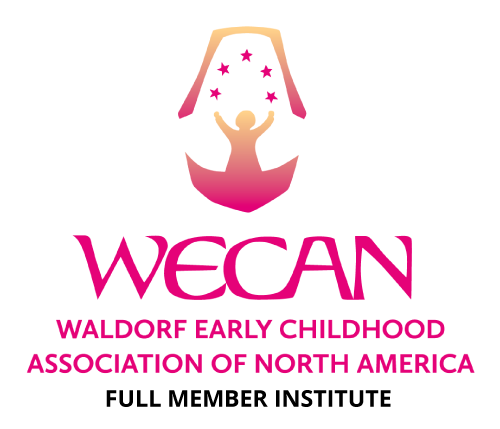Sunbridge’s Waldorf Early Childhood Teacher Education program consists of courses in the following areas:
- Basic Waldorf pedagogy and early child development
- Basic foundations in anthroposophy
- The arts
- Practical activities of the Waldorf kindergarten
- Professional and social aspects of early childhood education
- Inner development of the teacher
Students receive the following instruction:
CHILDHOOD DEVELOPMENT I, II, III*
Early Childhood Development and the Work of the Educator
Child Study and Development of the Senses
School Readiness and Transition from Kindergarten to School
The development of the child from pre-birth to school entrance age
Topics include:
- Birth to three, the nursery and kindergarten child, readiness for first grade
- The development of the senses, movement, language, and thinking
- Creating environments that support and nurture the development of the child
CHILDHOOD DEVELOPMENT IV: THERAPEUTIC EDUCATION IN EARLY CHILDHOOD
Remediation for children in both classroom situations and individual sessions
Topics include:
- Basics of child observation
- Causes for the differences in learning styles
- General methods for increasing sensory processing
- Interventions such as classroom activities and therapies
ANTHROPOSOPHICAL STUDIES I
A study of the basic constitution of the human being and its relationship to nature and spirit as described in Rudolf Steiner’s writings and lectures
Topics include:
- The threefold activity of thinking, feeling, and willing
- The nature of the human “I” and its connection with the various members of the human constitution
- The kingdoms of nature
- Human destiny and freedom
ANTHROPOSOPHICAL STUDIES II: THE INNER LIFE OF THE TEACHER*
A study of the anthroposophical path of inner development and meditation as related to the life of the teacher
Topics include:
- Understanding and creating a practice of self-development in light of anthroposophy
PRACTICAL ACTIVITIES OF WALDORF EARLY CHILDHOOD EDUCATION
- Classroom care through the course of the year
- Daily, weekly, and seasonal rhythms for the classroom
- Study of the artistic and domestic activities, as well as creative play for early childhood
- Study of the yearly festivals
- Celebrating birthdays in the class
- Working with the parents of the children
EURYTHMY I, II*
- An introduction to the study of expressive movement related to the sounds of speech and elements of poetry
- Gestures related to musical tones, intervals, scales, major and minor chords, melody, and rhythm
- Developing movement skills for the early childhood teacher
SINGING, MUSIC, AND MOVEMENT FOR THE EARLY CHILDHOOD EDUCATOR I, II, III, IV, V, VI, VII
- Developing an understanding of the children’s experience of music, with emphasis on the pentatonic scale and “mood of the fifth”
- Acquiring a repertoire of seasonal songs for early childhood
- Introduction to instruments for the kindergarten, including the children’s harp
FESTIVALS AND THE CYCLE OF THE YEAR I, II*
- A study of the cycle of the year and the practical aspects of celebrating festivals with young children in the early childhood classroom and at home
HAND GESTURE AND MUSIC GAMES*
- Importance of movement experiences in the development of language
- Practice of touching games, hand gesture games, and rhythmical speech games for theyoung child
HANDWORK AND CRAFTS FOR YOUNG CHILDREN I, II, III, IV*
- Creating toys and play materials for and with the young child
- Working with natural materials such as wool, silk, and plant dyes
- Sewing, knitting, doll-making, puppets, wool pictures, table top puppetry, felt-making, etc.
WATERCOLOR PAINTING*
- A study of Goethe’s theory of color
- Watercolor painting for the schooling of artistic capacities in the teacher
- Painting with young children
RHYTHMIC GAMES AND MOVEMENT*
An introduction to group movement and music activities in the kindergarten
Topics include:
- Seasonal songs and verses
- Elements of circle games
- Appropriate gestures and music for the young child
LANGUAGE ARTS IN EARLY CHILDHOOD*
Exploring the child’s developing experience of language during the first seven years of life
Topics include:
- Activities, including songs, verses, singing games, and stories
- The pictorial language of the fairy tale and its relationship to the young child
- The meaning of folk and fairy tales from many cultures
- Practicing the art of storytelling for young children
STRENGTHENING RELATIONSHIPS WITH THE NATURAL WORLD*
- How to cultivate the young child’s relationship to nature and the elements through gardening
- Introduction to biodynamic gardening
- Agriculture, nutrition and the senses
PROFESSIONAL AND SOCIAL ASPECTS OF EARLY CHILDHOOD EDUCATION I, II*
- Social and organizational aspects of Waldorf schools
- Collegial work
- Representing Waldorf Education in the world
CREATIVE SPEECH FOR THE TEACHER I, II*
- Exploration of the elements of language (consonants, vowels, rhythms, grammar) and of speaking (articulation, breathing, fluency)
- The importance of the sounds and qualities of speech in the environment of the young child
- Learning and practicing speech exercises
SCULPTURE-CLAY MODELING
- Deepening and extending the students’ faculty for experiencing and creating forms
- Working with form as an expression of spiritual qualities
- Awakening a sensitivity for the quality and effects of forms in the child’s environment
- Developing the ability to perceive soul-spiritual qualities as they manifest in the ever-changing appearance of the child
MARIONETTE PUPPETRY
- Development of language and imagination through creative and artistic activity
- Developing artistic techniques in marionette work and creative play
- Creating marionettes to portray human and animal characters from seasonal stories, folk, and fairy tales
EARLY CHILDHOOD SEMINAR I, II
- Open-ended discussion of issues arising from early childhood teaching practice
- Review/preview of second year coursework, including advanced child development classes
EARLY CHILDHOOD INDEPENDENT PROJECT*
- Each student designs and completes an independent project under the supervision of a program director/track advisor. Students confer with faculty on appropriate research concepts, resources, and methods for their work
- Projects are often action-research projects relevant to teaching experience with young children. An action project or artistic project is to be accompanied by an essay that frames the research question, reviews relevant literature, and summarizes the results and conclusions drawn from the experience.
- Research projects should be approximately 8,000 words (30pp). Under the supervision of a program director or another advisor, the student extends an area of study undertaken during the program.
- Students present their work for discussion and peer review.
MENTORED TEACHING*
- Sunbridge provides each student with a mentor who is a master Waldorf early childhood educator.
- The mentor works with the student throughout the program, visiting the student in his/her classroom or early childhood work for observation, conversation, feedback, and support
- Mentor visits take place once each year for two consecutive days, for a total of four days (or two for completion track).
- Observation records are shared by the mentor with the
student and with a program director or track advisor.
NOTE: Early Childhood Completion Track courses are noted by an asterisk (*) after the title
Sunbridge Institute reserves the right to make faculty or course substitutions when necessary.



